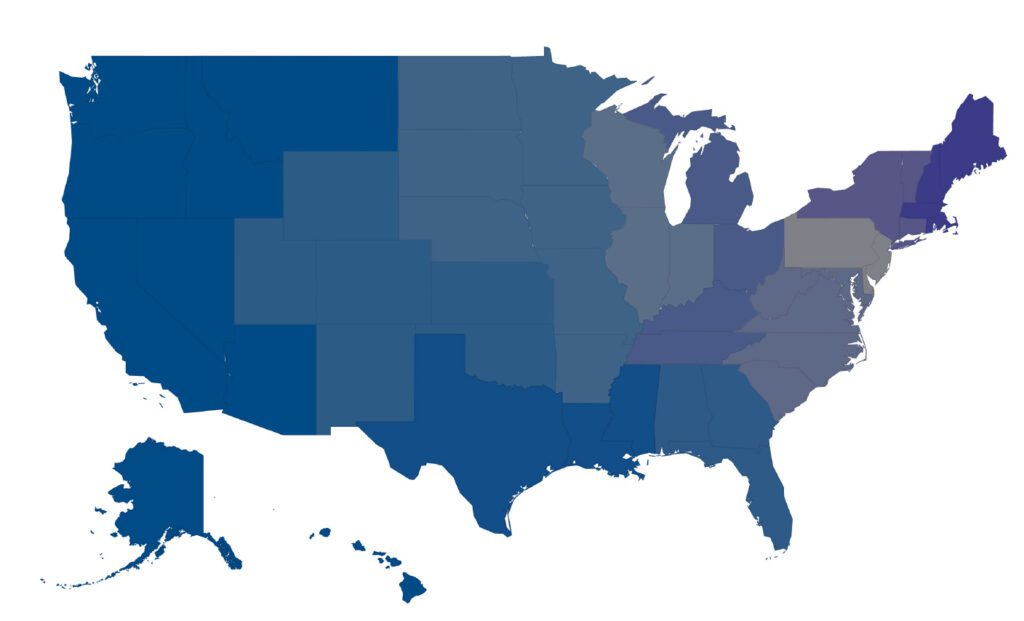Minnesota Rules of Civil Appellate Procedure
Rule 108.02 Motion for Stay or Injunction in Trial Court; Security
[…]
Subd. 2. Security Required. Except as to cases in which a governmental body is the appellant or as otherwise provided by rule or statute, a trial court may grant the relief described in subdivision 1 of this rule if the appellant provides security in a form and amount that the trial court approves. The security provided for in this rule may be in one instrument or several. The appellant must serve proof of the security in accordance with Rule 125.02.
Subd. 3. Form of Security. The form of the security may be a supersedeas bond, a letter of credit, a deposit of cash or property with the trial court administrator, or any other form of security that the trial court approves as adequate under the circumstances. The appellant bears the burden of demonstrating the adequacy of any security to be given. Unless the trial court orders otherwise, a stay of an order or judgment does not take effect until any security ordered is filed and notice of filing is provided to all parties.
Subd. 4. Amount of Security.
(a) In all cases, the amount of the security, if any, must be fixed at such amount as the trial court determines will preserve the value of the judgment or order to the respondent during the pendency of appeal.
(b) When the judgment or order is for the payment of money not otherwise secured, the amount of the security normally must be fixed at such sum as will cover the unpaid amount of the judgment or order, costs on appeal (to the extent security for costs has not already been given under Rule 107), interest during the pendency of the appeal, and any other damages that may be caused by depriving the respondent of the right to enforce the judgment or order during the pendency of the appeal.[…]”
MN Stat § 550.36
“(a) This section is an alternative to the Minnesota Rule of Civil Appellate Procedure, Rule 108.02, subdivision 3. Execution of a judgment for the payment of money only shall be stayed during the course of all appeals or discretionary appellate reviews of a judgment if, within ten days after the entry thereof, the judgment debtor shall file with the court administrator a bond, running to the judgment creditor, the creditor’s personal representatives, and assigns. The amount of the bond must be in the amount of the judgment, or a lesser amount approved by the court in the interests of justice. The total appeal bond that is required of all appellants must not exceed $150,000,000, regardless of the value of the judgment. The bond must be conditioned for the payment of the judgment, with interest during the time for which the stay is granted. Interest shall be computed in the same manner and at the same rate provided for interest on verdicts in section 549.09. Within two days thereafter notice that such bond has been filed, with a copy of the same, shall be served on the judgment creditor, if the creditor be a resident of the county, or upon the creditor’s agent or attorney, if the creditor has one, and the judgment creditor may except to the sufficiency of the bond; and, upon the creditor’s application upon notice or order to show cause, the court, if it find the bond insufficient, may order execution to issue notwithstanding the same, unless the judgment debtor give such further bond as it shall deem sufficient.[…]’

**In Federal cases the bond requirement is governed by Federal Rule of Civil Procedure “62(b) Stay by Bond or Other Security. At any time after judgment is entered, a party may obtain a stay by providing a bond or other security. The stay takes effect when the court approves the bond or other security and remains in effect for the time specified in the bond or other security.”**
The information contained on our site is for general information purposes, and you should consult with your attorney for the most up to date civil code or local rule that applies to your case.
Choose the State...
Experience the CSBA Difference today
Expert Guidance • First-Class Service • More Options








